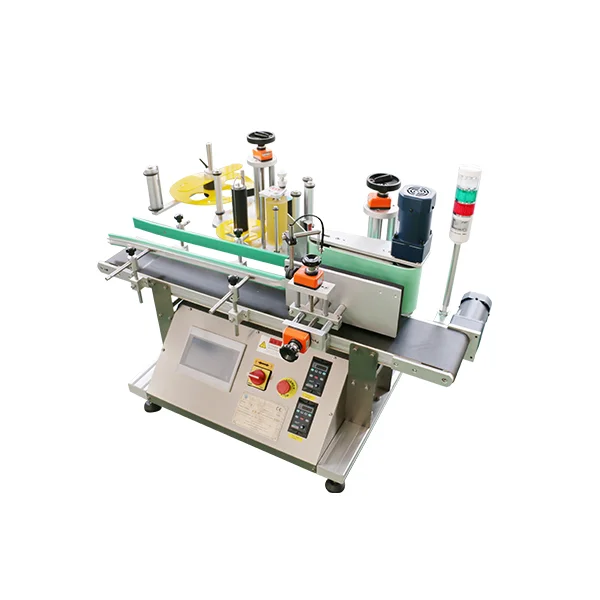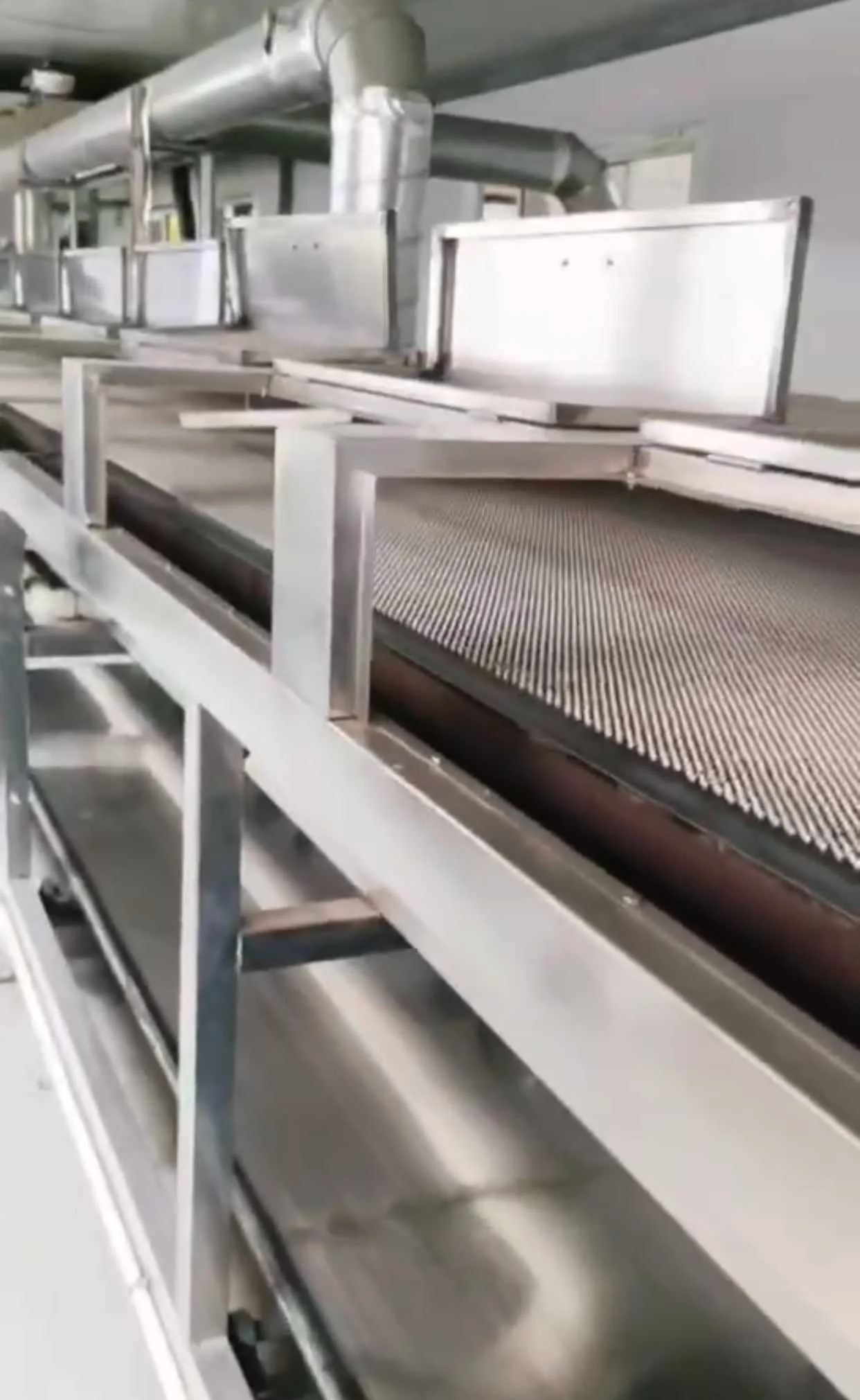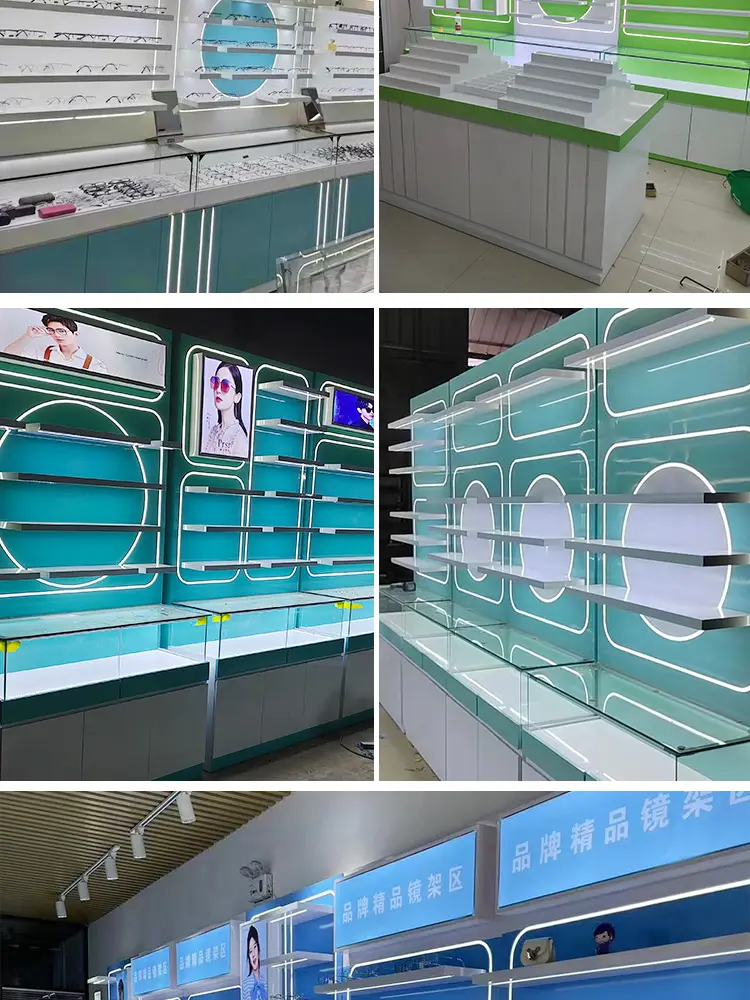Ever wondered how to boost your water pressure efficiently and effectively? Look no further than the horizontal multistage centrifugal pump. This powerhouse of a pump is designed to deliver high-pressure performance for various applications, from industrial settings to residential use.
Are you ready to discover the seamless power and reliability of a horizontal multistage centrifugal pump? Say goodbye to low water pressure woes and hello to consistent, powerful flow. Whether you need it for irrigation, water supply, or boosting systems, this pump has got you covered. Get ready to experience a game-changer in water pressure solutions.
Key Takeaways
-
Implement Regular Maintenance: Ensure the longevity and efficiency of horizontal multistage centrifugal pumps by adhering to recommended maintenance schedules.
-
Leverage Online Training Resources: Take advantage of free online pump training materials to enhance your understanding of design, operation, and troubleshooting techniques.
-
Optimize Pump Performance: Fine-tune your applications by applying insights from the TKK Series pump efficiency and design features to achieve optimal performance.
-
Explore Diverse Applications: Discover the versatility of horizontal multistage centrifugal pumps across various industries for efficient fluid transfer solutions.
-
Prioritize Efficiency and Design: Emphasize the advantages of horizontal configuration and high-efficiency features when selecting pumps for your specific application needs.
-
Troubleshoot Effectively: Equip yourself with maintenance and troubleshooting tips to promptly address any issues that may arise, ensuring continuous pump functionality.
Understanding Multistage Pump Basics
Components
Multistage pumps are efficient tools for moving fluids over long distances. They consist of key components such as impellers, diffusers, and a shaft. The impellers play a crucial role in increasing the fluid's pressure.
The diffusers are fixed around the impellers to convert kinetic energy into pressure energy. These components work together seamlessly to ensure optimal fluid movement within the pump.
Working Principle
The working principle of multistage pumps is based on the concept of multiple impellers arranged in series. As the fluid passes through each impeller, its velocity increases, leading to a higher pressure output.
This design allows multistage pumps to generate significant pressure levels, making them ideal for applications requiring high-pressure fluid transportation. The efficiency of these pumps lies in their ability to divide the total pressure increase into smaller increments across multiple stages.
Advantages of Horizontal Configuration
Space Efficiency
Horizontal multistage centrifugal pumps offer space-saving benefits due to their compact design, making them ideal for installations with limited space availability. These pumps can be easily integrated into existing systems without requiring extensive modifications.
Maintenance Accessibility
One key advantage of the horizontal configuration is the enhanced accessibility for maintenance purposes. Unlike vertical pumps that may require more complex disassembly, horizontal multistage pumps allow for easier access to components, simplifying routine maintenance tasks and reducing downtime.
Efficiency in Specific Applications
In specific applications where space constraints are a concern, horizontal multistage centrifugal pumps prove to be more efficient. For instance, in industrial settings where floor space is limited, these pumps can be conveniently installed horizontally to optimize space utilization while maintaining high performance levels.
Key Features of High-Efficiency Pumps
Energy Efficiency
High-efficiency pumps, such as centrifugal pumps, are designed to minimize energy consumption by efficiently converting power into fluid flow. They operate at optimal levels, reducing electricity costs and environmental impact. These pumps are ideal for applications requiring continuous operation and significant energy savings.
Advanced Design Impact
The advanced design features of high-efficiency pumps, like pump casings engineered for maximum hydraulic efficiency, play a crucial role in enhancing overall pump performance. By minimizing internal losses and optimizing suction capabilities, these pumps ensure consistent and reliable fluid flow. The integration of innovative technologies, such as those pioneered by industry leaders like Grundfos, further enhances the operational efficiency of these pumps.
Material Selection Importance
Material selection is paramount in ensuring the durability and efficiency of high-efficiency pumps. Components like impellers and pump casings are often constructed from corrosion-resistant materials to withstand harsh operating conditions and prolong the pump's lifespan. Choosing the right materials also minimizes maintenance requirements, contributing to long-term cost savings and operational reliability.
Design and Operation Insights
Engineering Optimization
Horizontal multistage centrifugal pumps are meticulously engineered to ensure optimal performance. The design process involves intricate calculations to determine the ideal impeller size, shaft diameter, and casing shape. By fine-tuning these components, engineers can achieve maximum efficiency in fluid transfer.
These pumps utilize multiple impellers stacked in series to generate high-pressure levels efficiently. Each impeller stage contributes incrementally to the overall pressure output, resulting in a steady flow of water or other fluids. This design feature allows for enhanced performance across a wide range of applications, from industrial processes to municipal water supply systems.
Operational Parameters
Efficient pump operation hinges on various critical parameters such as flow rate, head, and power consumption. Engineers meticulously analyze these factors to ensure the pump operates within its designated performance envelope. By monitoring and adjusting these parameters, operators can maintain optimal efficiency and prolong the pump's lifespan.
-
Pros:
-
Precise control over flow rate and pressure levels.
-
Enhanced energy efficiency through parameter optimization.
-
Cons:
-
Complex operational requirements may necessitate specialized training.
-
Inadequate parameter monitoring can lead to decreased pump efficiency.
Design Innovations for Reliability
Innovations in horizontal multistage centrifugal pump design have significantly enhanced reliability and durability. Advanced materials such as stainless steel and corrosion-resistant alloys are now commonly used in critical components like impellers and casings. These materials improve longevity and reduce maintenance requirements.
Moreover, modern pumps incorporate sophisticated monitoring systems that track key performance metrics in real-time. By leveraging sensor technology and data analytics, operators can promptly identify potential issues before they escalate, minimizing downtime and costly repairs.
-
Enhanced reliability through advanced material selection.
-
Real-time monitoring for proactive maintenance interventions.
Chengling
zhouclink@gmail.com



